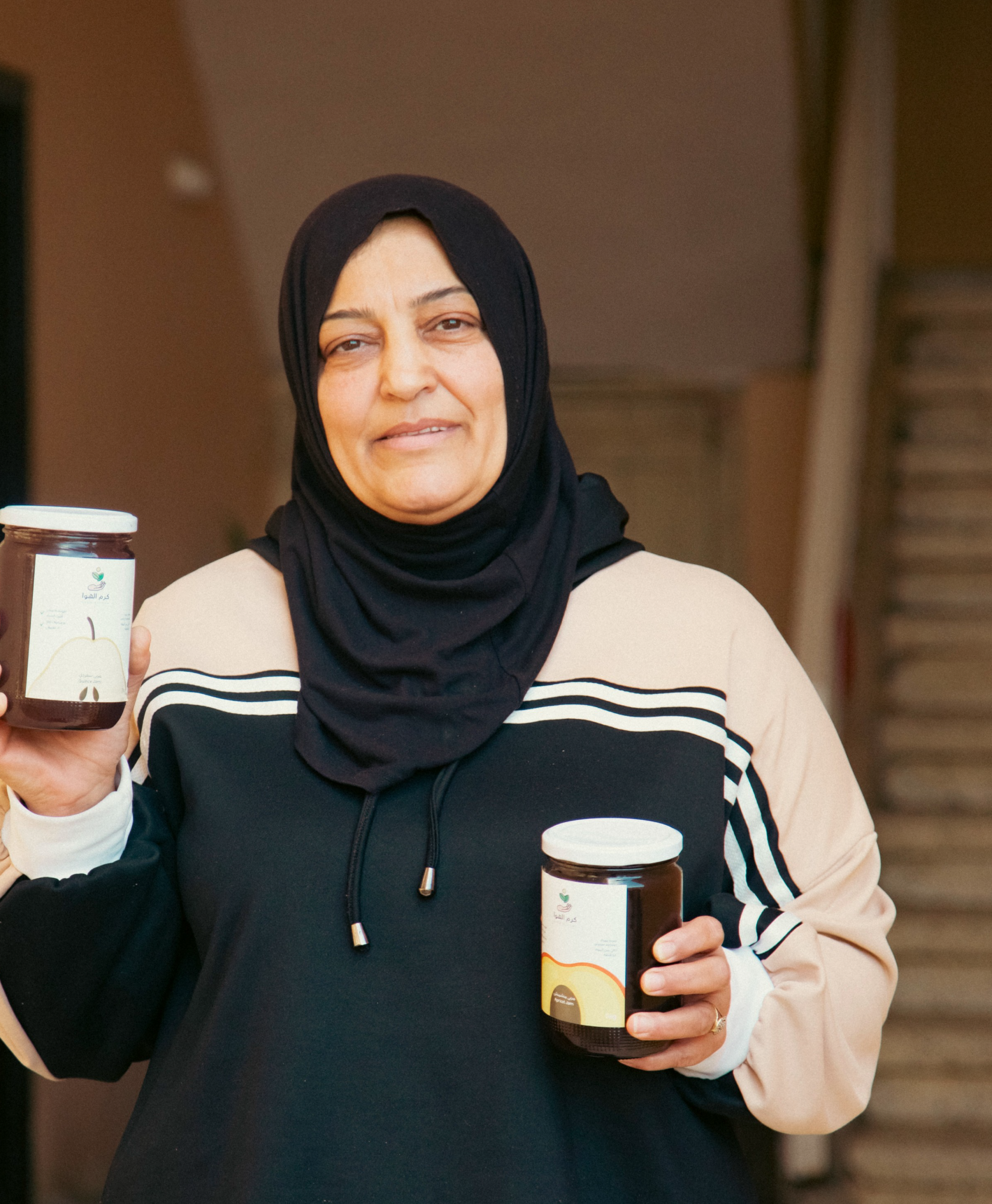Living with diabetes for the past nine years has reshaped every part of my life. As a wife and a mother of four, I’ve always carried a lot of responsibility—but managing my health alongside caring for my family has been one of the hardest things I’ve ever had to do.
Diabetes didn’t come alone. By the time I turned 53, I was also dealing with high blood pressure, thyroid problems, a herniated disc, and high cholesterol. But what’s made it all feel heavier is the constant fatigue, the vitamin deficiencies, and the dizziness that sometimes leaves me unable to stand. There were moments I lost consciousness without warning—collapsing in my home, with no way to explain it to my children or stop it from happening again.
For years, I went without regular check-ups. I couldn’t afford the tests, and even basic medication felt out of reach. I only saw a doctor when things became unbearable—when my vision blurred, or when I could no longer keep myself upright. There was no consistency, no plan—just reacting when things went wrong.
That changed when I started receiving care at the Jdeidet El-Qaitaa Health Center. For the first time, I had access to the kind of follow-up that made me feel like my health mattered. They offered free medication and regular blood tests. But more than that, they gave me the knowledge I had been missing. I learnt what foods were quietly making things worse and how to adjust my meals in ways that didn’t leave me feeling deprived.
The difference hasn’t only been physical—it’s been emotional too. The clinic staff don’t just prescribe and move on. They check in, remind me of appointments, and take the time to explain how to manage my condition. Their patience, their kindness—it’s what makes the biggest difference. I don’t feel like a burden. I feel like someone they genuinely care about.
I still worry—about access, about the future, about what might happen if this programme ends. Diabetes is a lifelong journey, and without consistent care, things can quickly fall apart. But for now, I feel better than I have in years. I feel supported. And most importantly, I feel hope—something I’d almost forgotten was possible.

Leave a Reply